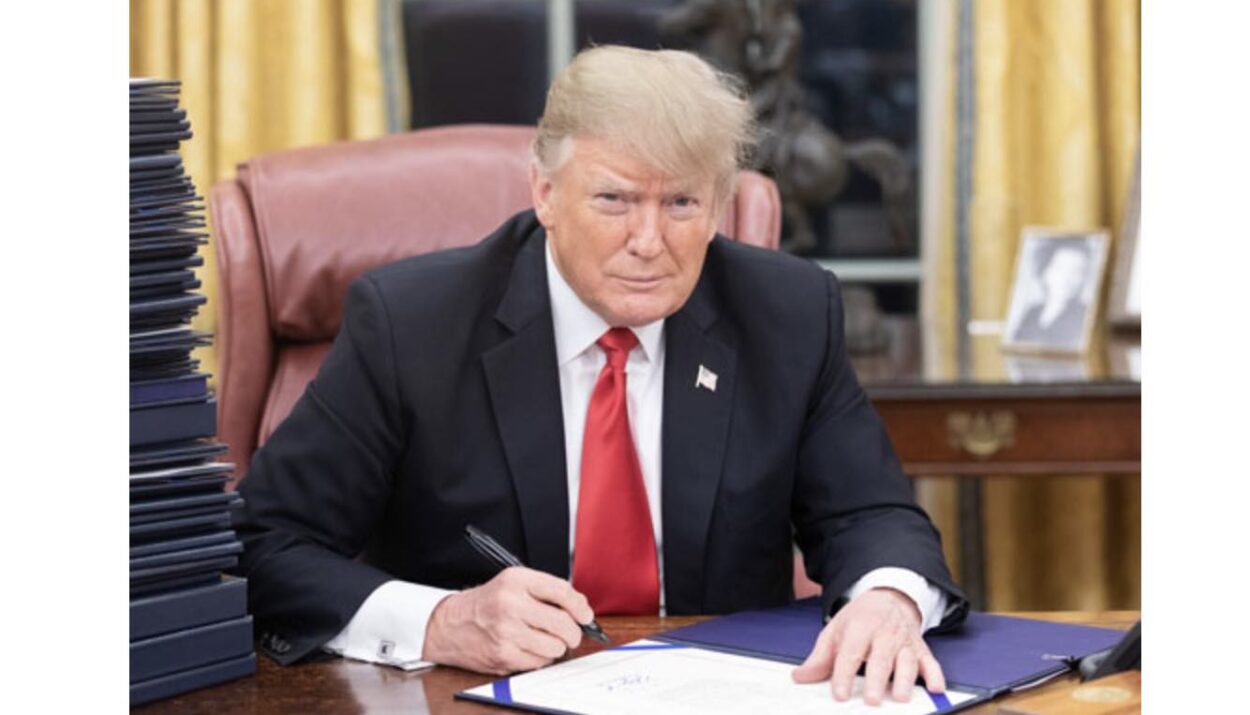Car prices have already surged since the pandemic, and now, experts warn that new tariffs on auto imports could drive costs even higher.
Starting April 2, former President Donald Trump will impose a 25% tariff on imported passenger vehicles, light trucks, and certain auto parts. Vehicles covered under the United States-Mexico-Canada Agreement (USMCA) will only be taxed on their foreign-made components.
“We’re going to charge countries for doing business in our country and taking our jobs, taking our wealth,” Trump said in an Oval Office announcement, adding that the tariffs would “spur growth like you haven’t seen before.”
The move follows a temporary tariff exemption granted earlier this month at the request of major U.S. automakers. With that reprieve expiring, industry analysts expect higher car prices to hit the market soon.
How Auto Tariffs Will Impact Car Prices
Cox Automotive’s chief economist, Jonathan Smoke, warned that these tariffs could disrupt North American vehicle production and lead to:
- Higher new and used car prices
- Reduced vehicle supply
- Some models being discontinued
“By mid-April, we expect disruptions,” Smoke said.
Ivan Drury, director of insights at Edmunds, added that the price hikes will vary based on manufacturer decisions. Some automakers may pass the full 25% tariff cost to consumers, while others might absorb part of it.
Since the tariffs cover imported cars and crucial parts like engines and transmissions, prices could rise across the board—including for maintenance and insurance costs.
Will Any Cars Avoid Higher Prices?
Even vehicles assembled in the U.S. won’t be fully exempt. Many domestically built cars rely on foreign-made parts, meaning tariffs could still impact their final price.
“There is no vehicle that is 100% American,” Drury explained. Used car prices will also rise, although with a slight delay compared to new models.
Wedbush Securities analyst Daniel Ives estimated that the tariffs could increase the average car price by $5,000 to $10,000, depending on the make and model.
Could the Tariffs Change?
There’s still uncertainty over whether the tariffs will hold or be altered. Some analysts believe this could be a negotiation tactic by Trump, meaning final policies may shift in the coming weeks.
However, if the tariffs remain in place, they might encourage more U.S. auto manufacturing, strengthening the industry in the long run. But in the short term, higher car prices are expected to burden American consumers.
How Much Does a New Car Cost in 2025?
Even before these tariffs, new car prices were already up 25% since early 2020, with an average transaction price of over $48,000 as of February, according to Kelley Blue Book.
Meanwhile, higher interest rates have made auto loans more expensive, making affordability a challenge for most households, according to Cox Automotive executive analyst Erin Keating.
If these tariffs stay in place, buyers may face even steeper costs when shopping for their next car.
- Sources:

🚀 10,000+ Players Are Hooked on Sky Jumper! Are You In?
Join the hype and test your reflexes in Sky Jumper! See how far you can go—players can’t stop trying to beat their high scores!
Play Now & Join the Fun!





